FMLA Essentials: Required Paperwork and Key Documents

The Family and Medical Leave Act (FMLA) provides eligible employees with up to 12 weeks of unpaid, job-protected leave per year for specified family and medical reasons. Navigating this act, however, involves understanding a variety of paperwork and documents that must be prepared to ensure eligibility and compliance. Here's a comprehensive guide to the essential documents and steps involved in the FMLA process:
Understanding FMLA Eligibility
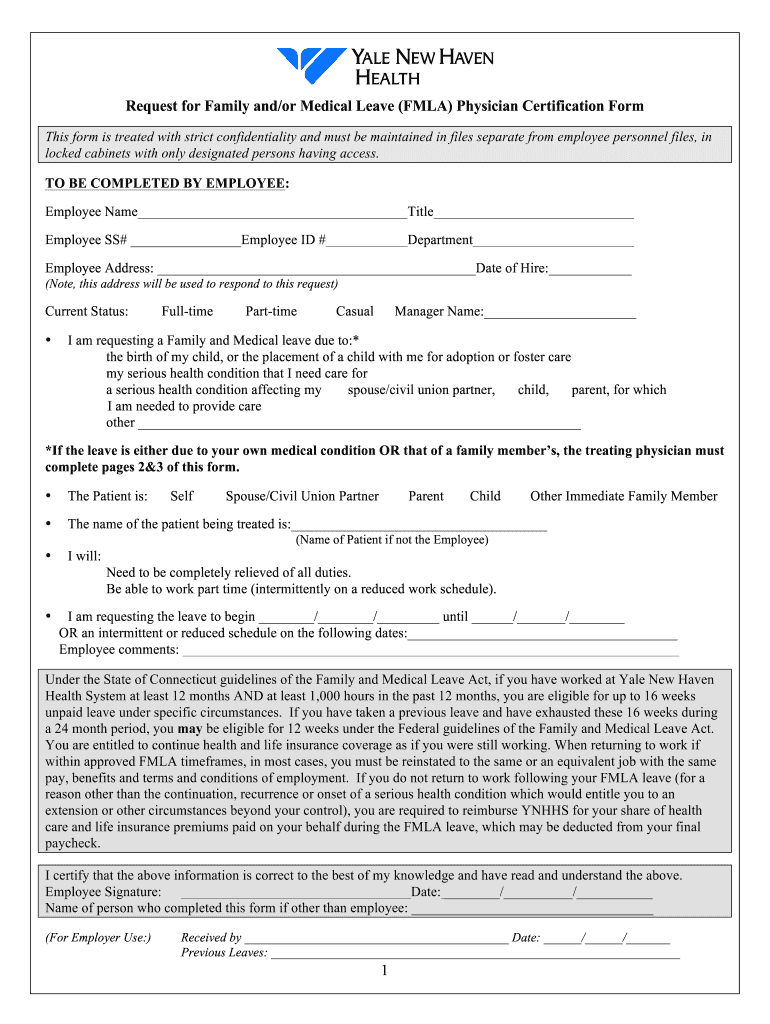
Before delving into the paperwork, it's crucial to determine if you're eligible for FMLA:
- Worked for your employer for at least 12 months.
- Worked at least 1,250 hours during the 12 months prior to the start of leave.
- Work at a location where the company employs 50 or more employees within 75 miles.
The FMLA Process
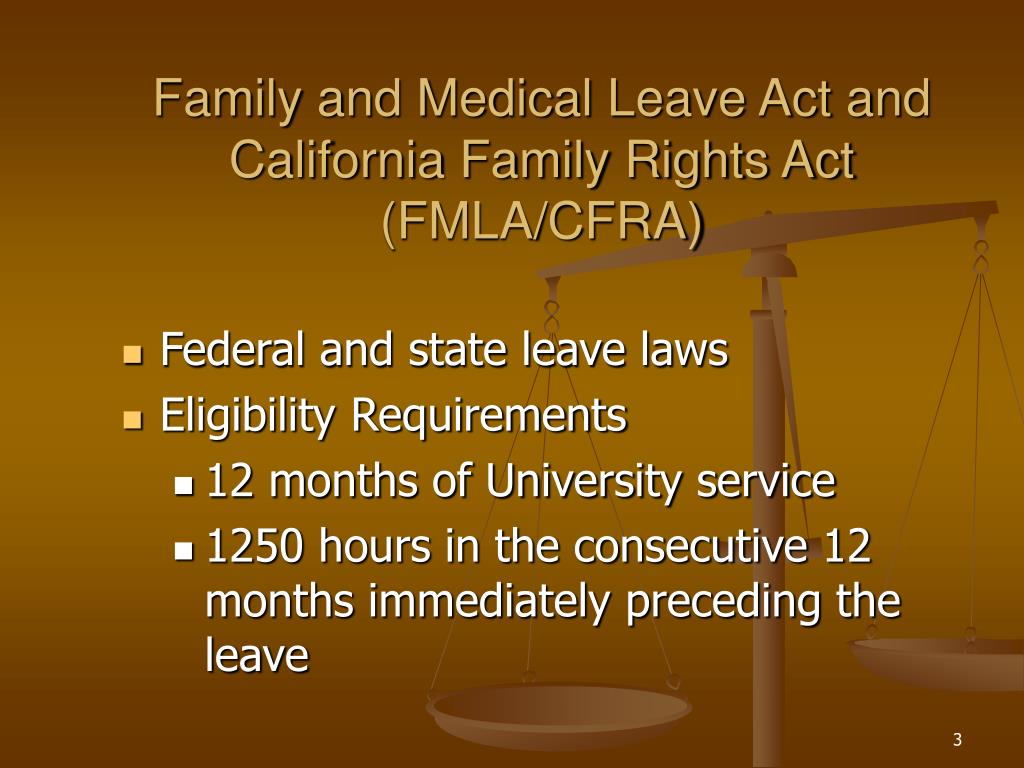
1. Employee Notice

Employees should notify their employer as soon as possible:
- Verbal notice: Inform your supervisor about your need for FMLA leave.
- Written notice: Submit a written request outlining your need for leave, the start date, and the anticipated duration.
2. Employer Notice

Employers are required to respond with the following notices:
- FMLA General Notice: Often part of company policy or employee handbook.
- Eligibility Notice: Informing the employee of their eligibility for FMLA leave.
- Rights and Responsibilities Notice: Details about the employee’s rights and what’s expected of them.
- Designation Notice: This document notifies whether the leave will be designated as FMLA leave.
3. Medical Certification

One of the most critical documents is the medical certification form, which must include:
- Date the health condition began
- The probable duration of the condition
- The need for intermittent leave or reduced work schedule
- Appropriate medical facts within the privacy guidelines
⚠️ Note: Employers can request a second or third medical opinion if there are discrepancies, but cannot directly contact the employee’s healthcare provider.
4. Return to Work Certification

Upon returning to work, employees might need:
- A fitness-for-duty certification from a healthcare provider confirming the ability to resume work safely.
5. Record Keeping

Both employer and employee must keep detailed records:
- Date and hours of leave: Track all FMLA leave taken.
- Copies of notices: Keep copies of all notices provided or received.
- Certifications and recertifications: Store medical certifications securely.
6. Tracking Leave and Substitution
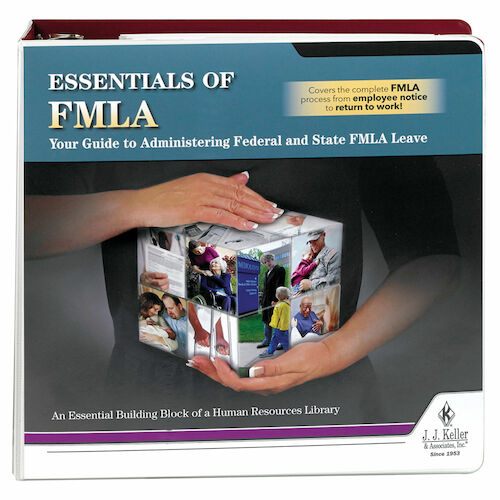
Employers should provide a method for tracking leave, and employees might choose to use their paid leave:
- Substitution: Employees can substitute accrued vacation, sick leave, or other paid time off for any part of their unpaid FMLA leave.
In the final phase of the FMLA process, it’s important to consider the reintegration of the employee back into the workforce:
- Ensure Continuity: Employees should be returned to the same or an equivalent position with equivalent pay, benefits, and working conditions.
- Maintaining Benefits: Health insurance must continue as if the employee had not been on leave.
- Address Concerns: If there are concerns about job security or workplace changes, these should be addressed promptly by HR or management.
What if my leave lasts longer than expected?
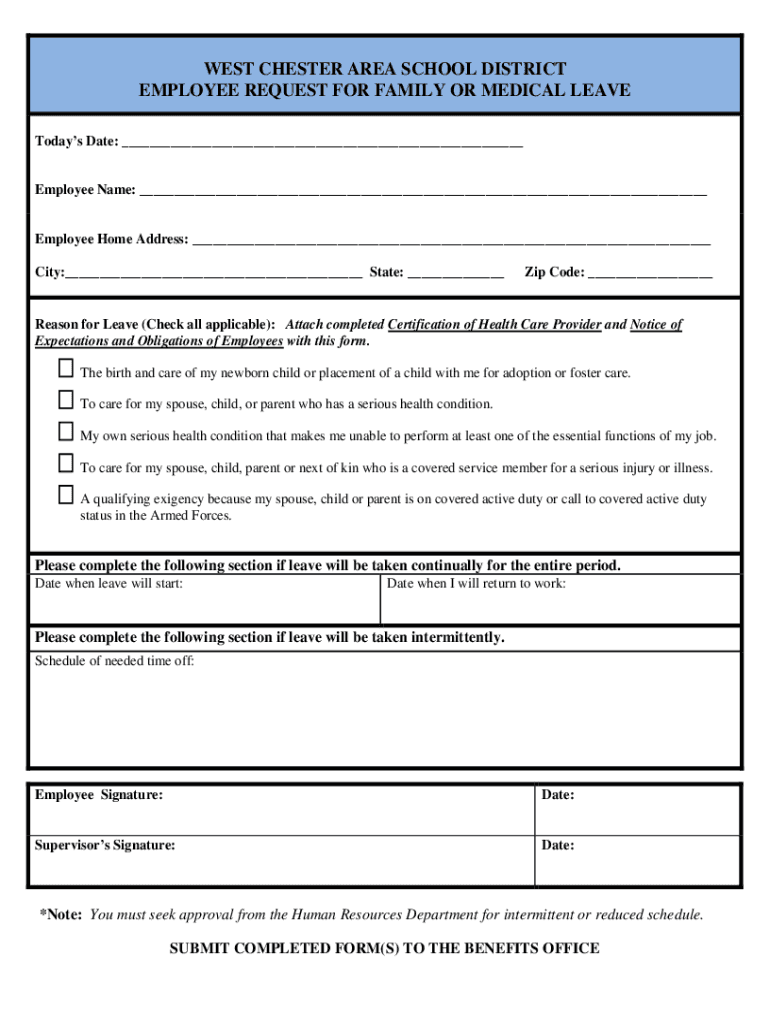
+
If your FMLA leave extends beyond the initial estimate, you must provide recertification to extend the leave. Employers can request periodic updates or recertification if there’s a change in the employee’s condition or circumstances.
Can I take FMLA leave intermittently?
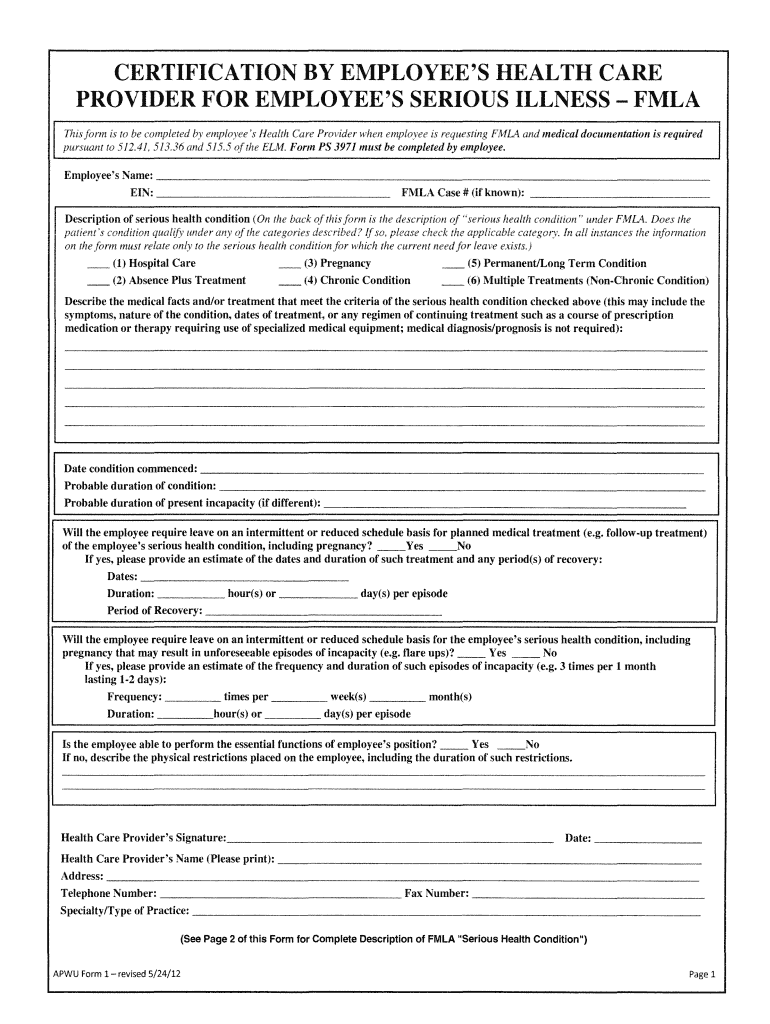
+
Yes, provided it’s medically necessary, you can take FMLA leave intermittently or on a reduced schedule. Your employer may request certification for such arrangements.
What happens if I’m denied FMLA leave?

+
If you believe your FMLA leave was wrongly denied, you can file a complaint with the U.S. Department of Labor or pursue legal action. You should retain copies of all communication and documents related to your FMLA request.
Are there any special provisions for military families under FMLA?

+
Yes, military families are granted additional leave entitlements, such as qualifying exigency leave for issues arising from the deployment of a family member, and leave to care for a service member with a serious injury or illness.